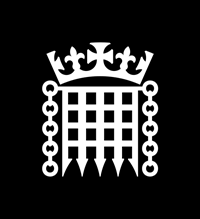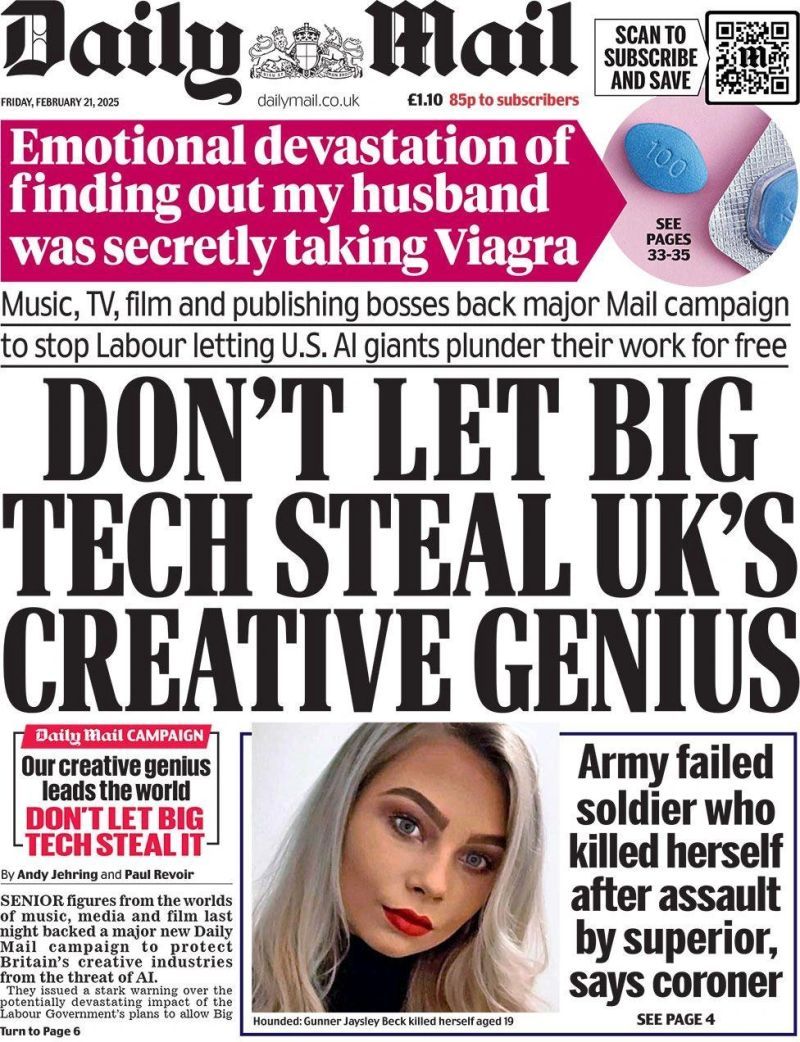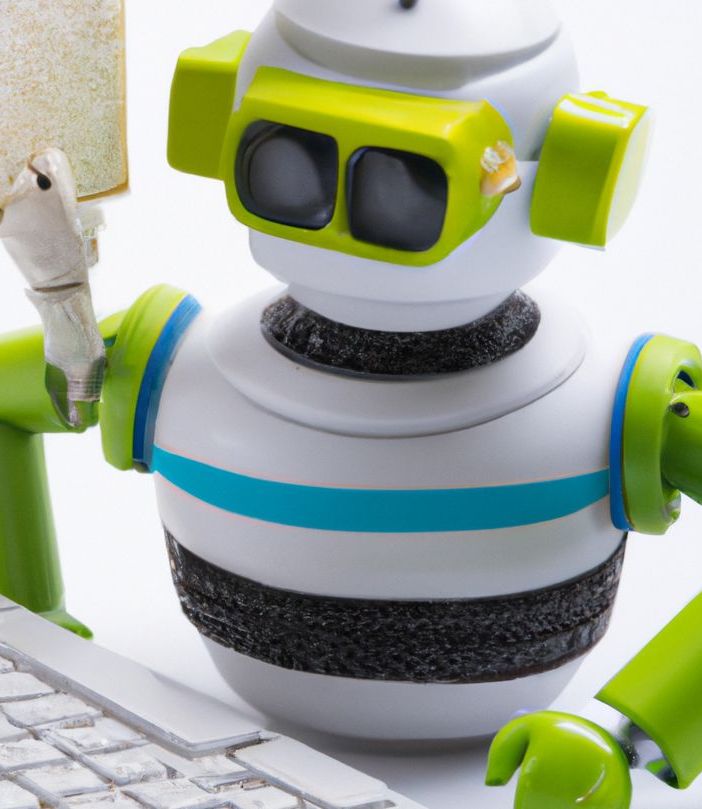Copyright wins a wave of support
RIGHT ON the deadline for responses to the UK government's consultation on copyright, the concept that reporters and photographers and other creators should be rewarded for our work gained extensive support.
The consultation received around 11,000 responses. Thanks to those of you who took the time to defend our rights in our works. And see the update below.
More than 1000 musicians put their name to an album consisting of recordings of empty studios and venues, with the title Is this what we want? and released on deadline day, 25 February. At www.isthiswhatwewant.com the producers observe that "the UK government proposed changing copyright law to allow artificial intelligence companies to build their products using other people’s copyrighted work - music, artworks, text, and more - without a licence. The musicians on this album came together to protest this." All income from Spotify downloads goes to the charity Help Musicians and there's a video.

Closer to the levers of power, on the following day the chairs of Parliament's Culture, Media and Sport Committee and Science, Innovation and Technology Committee issued a joint statement. Chair of the CMS Committee, Dame Caroline Dinenage MP, said: “The groundswell of concern from across the creative industries to the government’s proposals illustrates the scale of the threat artists face from artificial intelligence pilfering the fruits of their hard-earned success without permission... the government should not introduce an 'opt-out' approach to the use of creative works for AI training... The government’s proposal for the onus to be on creators to opt-out of AI training is like burglars being allowed into your house unless there's a big sign on your front door expressly telling them that thievery isn't allowed.”
Chair of the SITC Committee, Chi Onwurah MP, said: “A technical solution needs to be easy to use and accessible for everyone, whether you’re an AI start-up or an individual rights holder. The government cannot meet its commitments to the creative and AI sectors without this.”
Closer still to the levers of power, a cynic might say (and now has): on 24 February the Daily Mail front page demanded: “Don’t let big tech steal UK’s creative genius.” It quoted music industry executives rather more than actual authors or performers; and Viscount Rothermere, Chairman of Daily Mail and General Trust: “The genius of our music, writing, film and TV is one of Britain's greatest assets, delivering £126 billion to the economy. Why does Keir Starmer's government want to let AI developers have this wealth for nothing, making some of the world's richest companies, virtually all of them American, even richer?” Lord Rothermere, of course, insists that all who contribute to his organs hand over their copyright.
Further, the Daily Mail quoted Conservative Party leader Kemi Badenoch: “Yet again, this government is making everything worse. Almost the entire creative industries sector say their proposals are not fit for purpose. Labour must rethink their approach. The Conservatives will defend intellectual property rights and develop proper plans to harness the immense opportunities of AI.”
On 25 February the Times ran - and reported on - a letter signed by Kate Bush, Stephen Fry, Dua Lipa, Tom Stoppard, Sting and others that it headlined: Don’t let AI steal our copyright, giants of the arts tell Labour. This followed a 24 February leader article supporting a Make it Fair campaign launched by industry bodes including the Periodical Publishers' Association and News Media Association.
The Telegraph weighed in on 25 February: The Government must back down and Make IT Fair.
That followed the Guardian leader article on 24 February: Creativity should be cherished, not given away.
Even the Sun had something to say on the same day: “Musicians, authors, artists and film, TV and media companies are having their work stolen without permission or payment by big tech firms, as 300-year-old copyright laws are brazenly ignored... How can a trusted Free Press afford to pay trained journalists to operate in a world of fake news when their entire output - and revenue - is nicked for nothing?”
The Financial Times waited until 4 March to declare: AI copyright wars need a market solution. The government plan “tilts the playing field against content creators, overturning a default right, which has stood for centuries, that no one should be able to profit from another’s established IP [intellectual property]... There is a better way forward: supporting licensing markets.”
Formal responses
The NUJ has of course responded to the consultation, as has the Freelance, which contributed to responses by the Creators' Rights Alliance and British Copyright Council, to both of which the NUJ belongs. So too did the US Copyright Alliance.
And on 3 March the Trades Union Congress issued a TUC manifesto on Artificial intelligence for creative workers. It's rather good.
Update 07/04/25
Politico reports that “Ministers are planning a fresh round of reviews they hope will mollify lawmakers nervous about controversial plans to overhaul UK copyright laws to facilitate AI innovation.” These “will focus on finding technical ways to allow creators to easily and effectively 'opt out' from AI companies training models on their work without permission and have more clarity about when their work has been used”. This is odd, because these are precisely the carrots that the government offered in its preferred option in the consultation, in the hope of us accepting the stick of an exception to our copyright.
And in a separate article on the same day Politico reported that “OpenAI and Google have rejected the UK government’s preferred solution to the thorny issue of AI and copyright.” Google's response to the consultation says “excessive transparency requirements... could hinder AI development and impact the UK’s competitiveness in this space.” That's a threat. But it's rather strange, since the stick-and-carrot approach is entirely congruent with Google's interests.
Supplementary weirdness
We apologise for falling behind with news of the weirdness that surrounds "artificial intelligence". Here are some random items:
A robot writing computer code, generated from that prompt by Dall-e-2
- A "think tank" in Washington DC turns out to be entirely AI-generated. according to DropSite News. Do not quote the Beltway Grid Policy Centre.
- To no-one's great surprise, a study by the BBC found AI chatbots unable to accurately summarise news. Take-home message: 51 per cent of all AI answers to questions about the news were judged to have significant issues of some form. That follows Apple suspending error-strewn AI generated news alerts after complaints specifically about BBC stories: NUJ comment here.
- We are still trying to digest a report that someone has been posting backdated AI-generated contributions to PhysicsForums, an old-school online discussion venue whose subject-matter you can guess. Why anyone would do this is currently eluding us. If true, the implications would include future machine-learning systems being trained on text that appeared to pre-date such systems but is in fact excreted by them - creating an infernal feedback of falsehood.
- We have frankly lost count of the lawsuits being brought against the internet and machine-learning corporations. A new twist caught our eye. Software company Chegg offers students help "to understand their coursework" - not, heaven forfend, cheat-sheets. Fastcompany reports that Chegg is suing Google claiming that the latter's "AI Overview" above search results "have siphoned traffic from its site and harmed its revenue". We're not at all sure how that will pan out, but it illustrates a set of problems identified in the NUJ submission to the UK government, arising from proper search being replaced by machine-learning output.
- On a whim we asked Google: "is copying this page to train an artificial intelligence legal in the USA?" It answered:
In the USA, copying a page to train an artificial intelligence may be considered legal under certain circumstances, primarily if it falls under the "fair use" doctrine of copyright law, meaning that while technically a copy, the use is considered transformative and does not significantly harm the original work's market value; however, recent court cases have shown that this is not always a guaranteed defense, and could depend on the specific context and how much of the original work is copied.
The courts: that defence is indeed not guaranteed. (Now there is a risk that a future "AI" will be trained on the above answer as an authoritative source...) - The lack of guarantee was illustrated by US Circuit Judge Stephanos Bibas, who on 11 February gave summary judgment against a claim by a company called Ross Intelligence that its use of headnotes - summaries of court cases - in Thomson Reuters’ Westlaw system was "fair use". Bibas fund that “headnotes, even any that quote judicial opinions verbatim, have original value as individual works,” the Press Gazette reports: Ross had infringed 2243 of them and “actual copying” was “so obvious that no reasonable jury could find otherwise”. The full ruling is here.
- It had to happen. aidailypress.com promised "No bias. No humans. Just news." The first story we looked at contained this sentence, which is clearly not currently true: "The Artemis program, a NASA initiative aimed at returning humans to the Moon by 2025." And just after we read that the site vanished.
- Another court case to note: the owners of Politico, Vox, the Atlantic and the Guardian are suing the startup Cohere for copyright infringement. They have thrown in trademark infringement, on the grounds that Cohere's product is, as the Wall Street Journal puts it, "delivering 'hallucinated' material - with information that wasn’t actually published by the outlet - under a publisher’s name," as well as delivering "full, nearly verbatim text from an article, including articles kept behind paywalls". The paywalled WSJ article is summarised by Engadget here.
- Then there is the tale of the Los Angeles Times running robot-generated "on the other hand..." responses to opinion pieces...
 'Artificial Intelligence' our coverage to date
'Artificial Intelligence' our coverage to date
![[Freelance]](../gif/fl3H.png)


